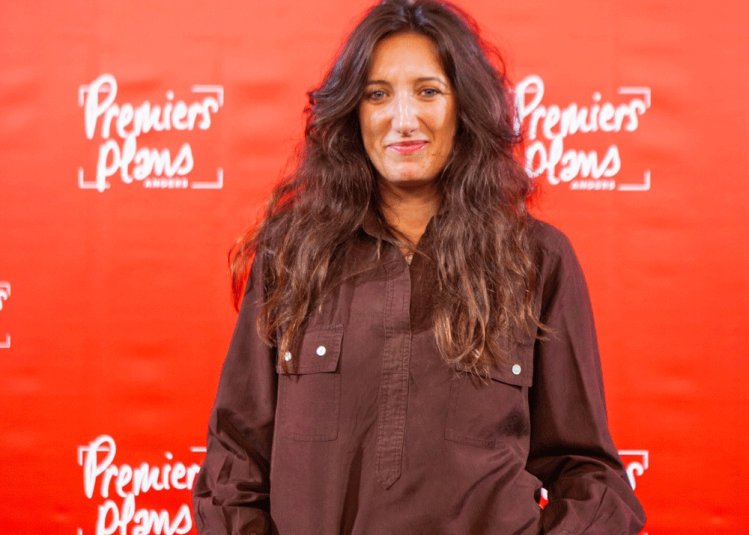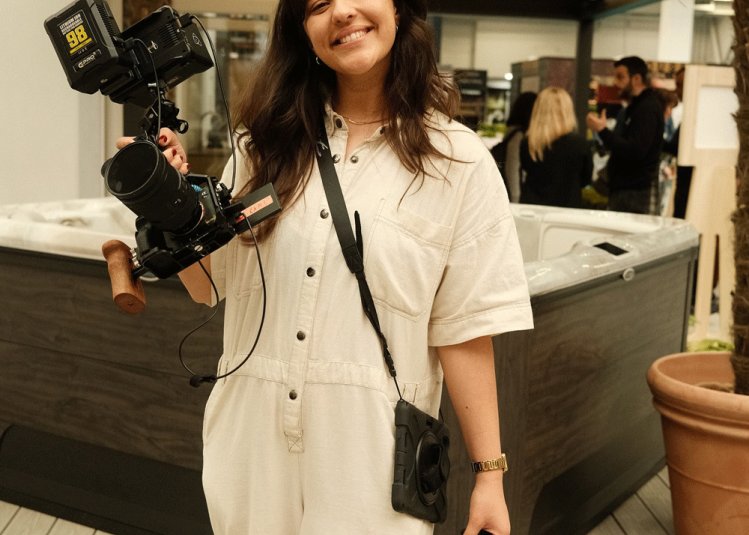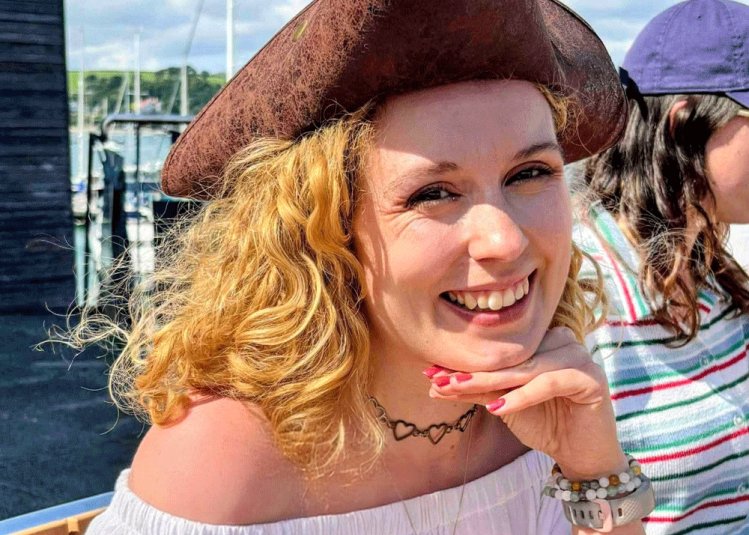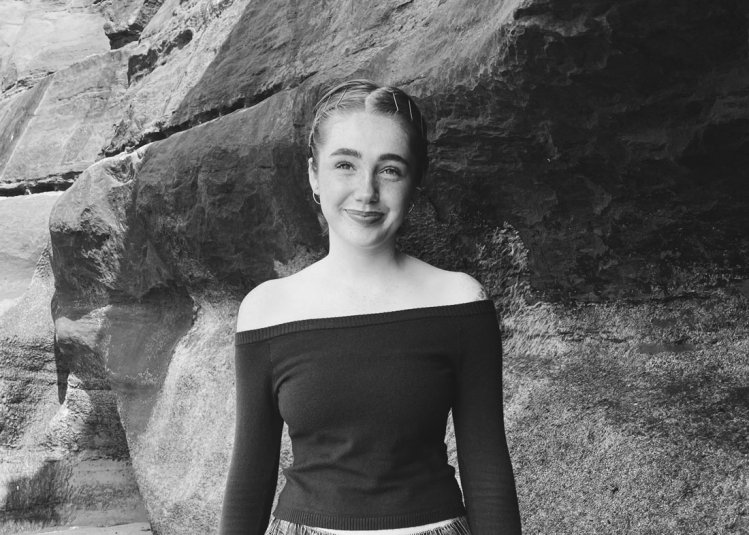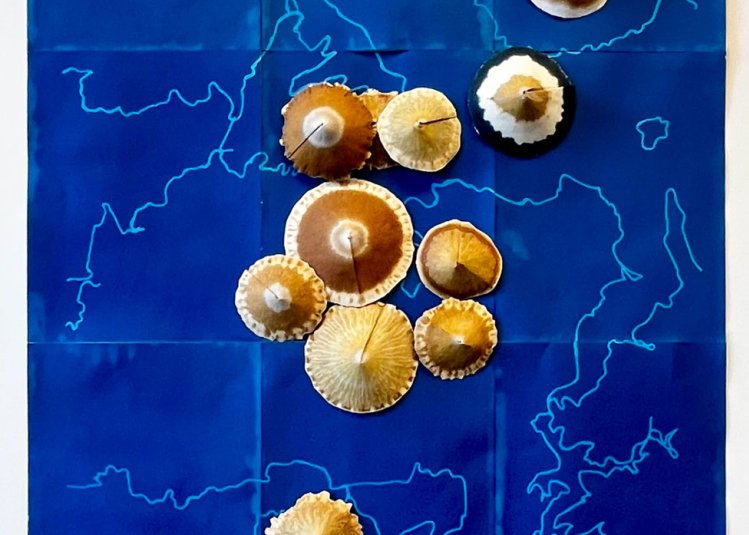How one guest speaker set the course for Journalism & Creative Writing graduate's career
02 January 2024
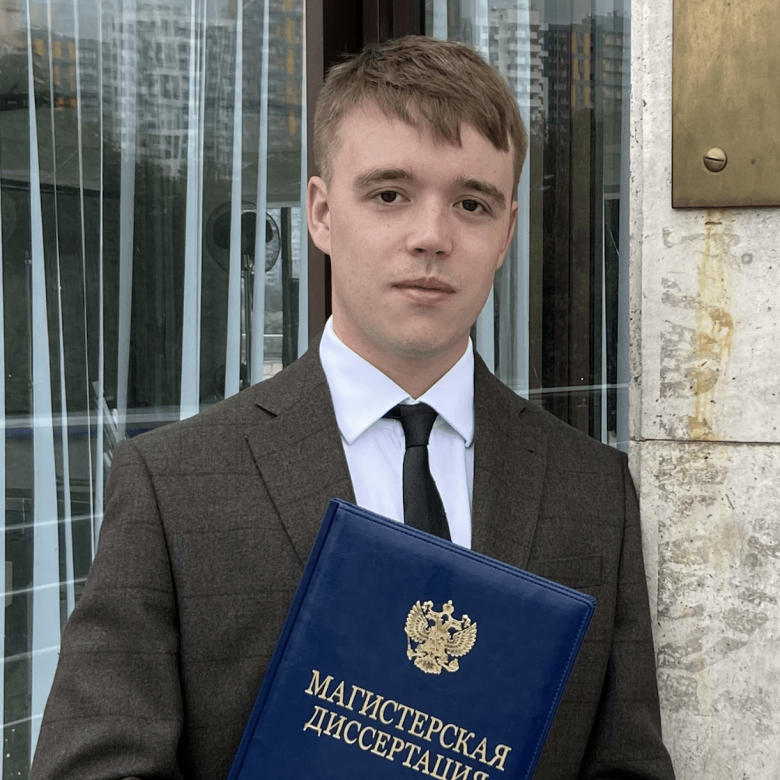
Journalism & Creative Writing BA(Hons) graduate Will Crouch is currently the senior political intelligence analyst for critical event management platform Everbridge. His reports help governments, aid agencies and aerospace companies to navigate security challenges such as conflicts and civil unrest. In this interview, Will tells us how a guest lecture with the BBC’s former Moscow correspondent, Angus Roxburgh, set the course for his career.
What responsibilities and tasks does your job entail?
Most of my work involves producing reports to help clients – including governments, aid and development aid agencies, and aerospace and defence companies - navigate security challenges which may impact their operations, business continuity or the safety of their employees. The format and content of these reports vary widely, but conflict, terrorism/insurgency and civil unrest tend to be common themes.
The reports are researched by me, and I make assessments based on the client’s request. For example, last year I had to assess the security of various locations in Ukraine for a bank which was looking to reopen. Much of this involved looking at maps to determine whether any high value targets were near the sites and sadly a warning of mine came to fruition when an area I had deemed as high risk came under attack.
More recently, I had a client travelling between Baghdad and Hillah and they were concerned about the risks along the route, and they tasked me with producing a report identifying recent attacks/security incidents as well as the organisations responsible, and whether the recent flare-up in the region would impact their travel. We can produce reports for any nation, but the highest demand is for countries like Ukraine, Iraq, Afghanistan, South Sudan, Ethiopia and Mexico.
I was extremely proud to play a part in the evacuation of more than 800 people from Ukraine when the conflict began.
What have been the highlights of your career?
I was extremely proud to play a part in the evacuation of more than 800 people from Ukraine when the conflict began, as well as a single person from Sudan in April. Likewise, back in the summer, a report of mine contributed towards a decision by a company to keep its South Africa facilities open. The highlights tend to be when my reports have a significant impact like that.
Talk us through the professional journey you have been on since graduating in 2018...
In my final year at Falmouth, I developed a keen interest in international affairs and Russia in particular. I was inspired by a class with the BBC’s former Moscow correspondent Angus Roxburgh. I started learning Russian on Duolingo, and shortly after graduating I applied for a master’s degree in International Security at the University of Reading. Towards the end of the course I applied for a second master’s in International Relations at the Moscow State Institute of International Relations (MGIMO).
I loved living in Moscow and I developed a specialism in Ukraine, the topic of my thesis. Obviously, I was, and remain, deeply distraught at the invasion of Ukraine which happened shortly after I graduated from MGIMO. Back in the UK, I saw a job opening with my current company. I applied to be an opperations responder, who assist people over the phone when they are in need, but noticed on the website they had intelligence roles available as well, and so I asked if I could apply for one of those instead.
How did your Falmouth studies help your professional life?
I use skills learnt at Falmouth regularly. Journalistic writing skills are really useful, with clients looking for clear and concise information, particularly as English is often their second language. There is also room for more academic style writing in other longer form reports which we produce as a team on a monthly basis covering global developments from the previous month. Being able to corroborate information is also key to our work, and learning to recognise disinformation, which is rife. Punctuality is also key to our work, as I have to meet daily, weekly and monthly deadlines, for which university assignments proved a good level of training.
Do you have any tips for current and future Journalism & Creative Writing students?
Mainly, have loads of fun. Also, if possible try and learn a language on the way - it really helps you stand out afterwards and it’s incredibly satisfying. I went from doing Russian Duolingo lessons between seminars in 2018 to discussing my impending Sputnik Covid vaccine with a doctor in Moscow in 2021! Also, after graduating don’t worry if you don’t immediately find the right job or get rejected. I applied for loads before I found one I enjoy and find rewarding.
